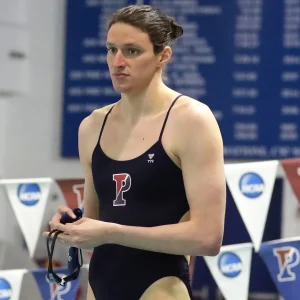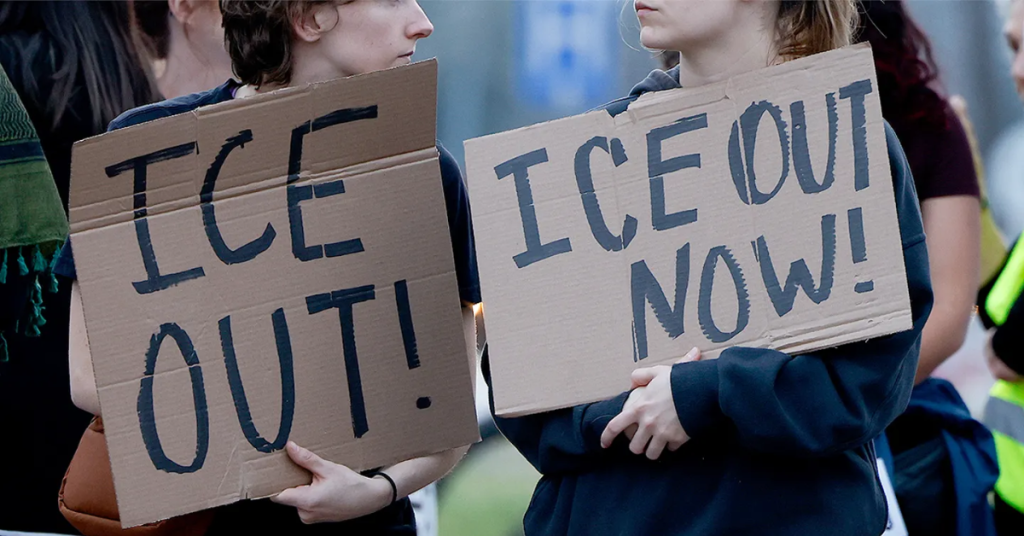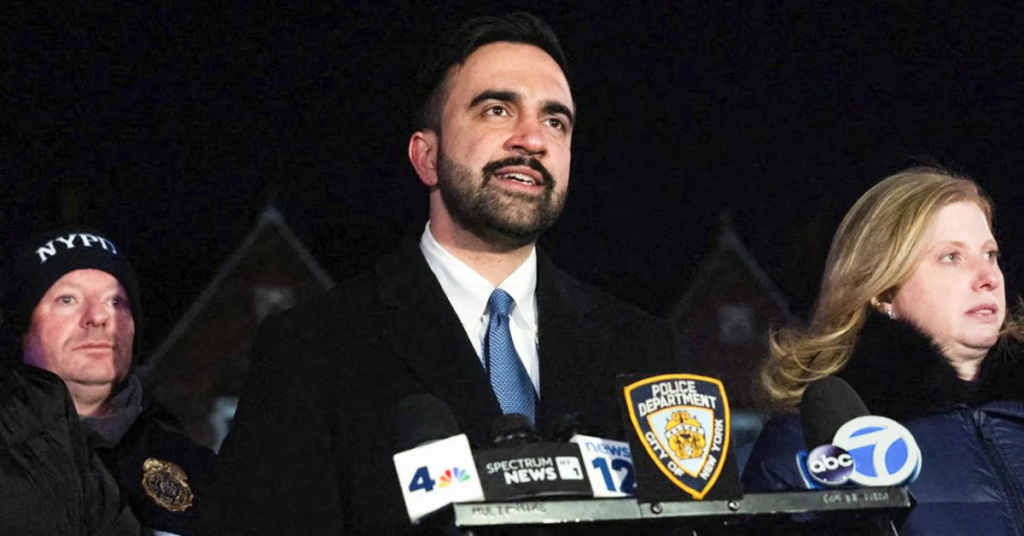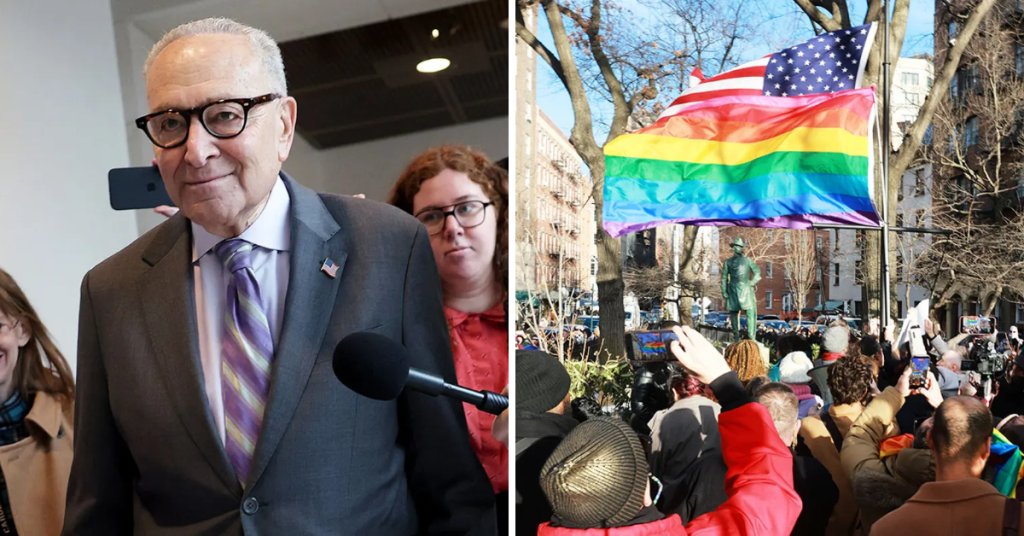Prominent swimmer Lia Thomas has made a surprising and deeply emotional choice to retire from competitive swimming. In a statement shared last, she pointed to the emotional toll of her journey and a sense of solitude. As a transgender athlete, Thomas has been at the center of extensive discussions on equity, gender, and the integrity of competition in women’s sports.
In her statement, Lia expressed, “The challenges I’ve faced have been more emotional than physical, stemming from the ongoing struggle to find acceptance and fairness in a sport I hold dear. No athlete should experience isolation or discrimination based on their identity rather than being celebrated for their accomplishments.”

This decision comes after months of heated debates, petitions, and disputes concerning the participation of transgender athletes in women’s sports. Lia Thomas has brought to light the challenges faced by transgender athletes, both on and off the field, during her journey through the turbulent waters of public scrutiny, policy debates, and ethical considerations.
Supporters of Thomas argue that her retirement from professional swimming represents a significant loss for the sport and underscores the need for a compassionate and inclusive approach to athletes navigating their careers amid complex discussions about identity. On the other hand, her critics have scrutinized her achievements, suggesting potential physiological advantages.

The sports world is now compelled to examine the ethical, biological, and societal aspects surrounding transgender athletes as we grapple with the aftermath of Thomas’s withdrawal. The pressing question is: How will this moment shape the future development of competitive sports, and how will these conversations influence the intertwined experiences of future athletes?
Lia Thomas’s decision to retire from competitive swimming extends beyond a personal choice; it serves as a pivotal moment prompting collective reflection on the opportunities, acceptance, and spaces we offer to all athletes, regardless of their gender identity.

Beneath the personal turmoil and challenges that Lia Thomas endured, her story underscores the imperative for the international athletic community to establish an environment that is both equitable and just. It must uphold the integrity of competition while being inclusive and respectful of athletes’ diverse identities. This principle extends to all participants, regardless of their gender identity or background, including those who identify as transgender.
However, the question persists: how can inclusivity and fairness be harmonized in a traditionally segmented field based on biological distinctions? Thomas’s experience highlights the necessity to revisit sporting regulations, particularly those related to gender identity and physiological disparities. Acknowledging that policies from the past may no longer suffice for today’s and tomorrow’s athletes could potentially bridge the divide between her supporters and critics.
The discourse encompassing the physiological, psychological, and ethical dimensions of this issue mandates a thorough, impartial, and compassionate examination as it permeates various arenas, from locker rooms to legislative chambers. In this dialogue on transgender athletes, their biology, and their right to compete, a wealth of expertise, ranging from endocrinologists to ethicists, players to administrators, is essential.
Discussions about Lia Thomas have spanned from ardent support to intense skepticism. Some highlight the physical and emotional toll of transitioning, while others argue that transgender women may possess physiological advantages over cisgender women.
Beyond the scientific, ethical, and competitive aspects of the conversation, a fundamental human element takes precedence: respect and empathy for the lived experiences of all athletes. This acknowledges their struggles, triumphs, and sacrifices made in pursuit of excellence.
Thomas’s departure raises critical questions, necessitating an intersectional approach that reconciles inclusive and equitable competition. This approach must consider factors such as hormone levels and physical attributes and how they may influence advantages or disadvantages in the realm of sports. These questions cannot be resolved in a simplistic or one-dimensional manner.
The repercussions of Thomas’s decision will inevitably reverberate throughout the sports community, inspiring athletes, governing bodies, and fans to contemplate how we can foster a culture that acknowledges and celebrates all athletes for their dedication, talent, and athletic achievements, free from exclusion or prejudice.



